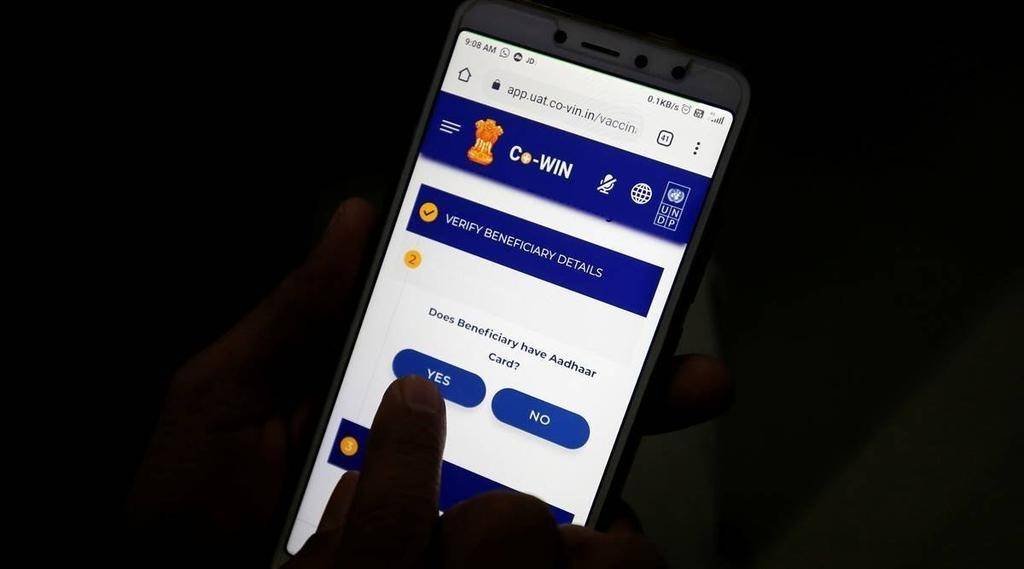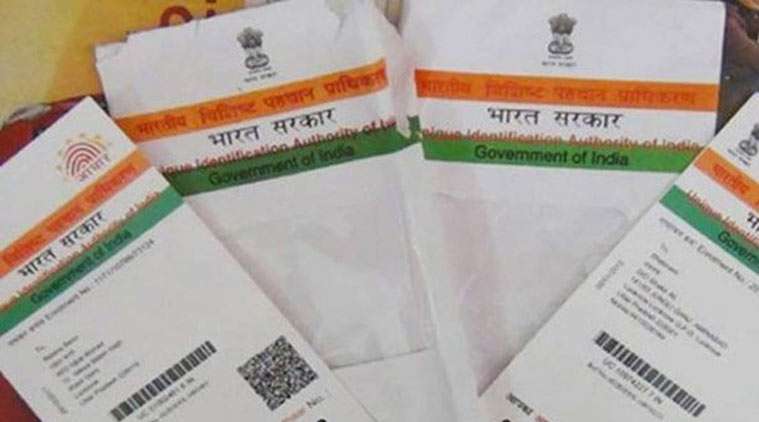
International Monetary Fund says India’s world-class digital public infrastructure is a lesson for other countries in a working paper…reports Asian Lite News
India’s journey in developing a “world-class digital public infrastructure” highlights the lesson for other countries that are embarking on their own digital transformation, International Monetary Fund has said in a working paper.
The working paper ‘Stacking up the Benefits Lessons from India’s Digital Journey” said that India’s stack’s development is guided by a foundational building blocks approach, and a focus on supporting innovation across the ecosystem. The building block approach involves unbundling the components of the solution to a set of problems and identifying a minimal common core.
According to the paper, for a diverse country like India, a building block approach provides those closer to the problem with the basic tools to create tailored solutions. A focus on supporting a vibrant ecosystem implies the need for interoperability between the different digital public infrastructure (DPIs) and a competition-focused design. In India, interoperability was supported through open standards, allowing anyone to utilize the functionality provided by India Stack.
“These principles are applied to other DPIs in education and health, including the Covid-19 vaccine and distribution platform, CoWIN,” the paper read.

“Using a digital backbone allowed India to scale its vaccine delivery quickly and overcome challenges such as large-scale internal migration. The technology underlying CoWIN has been deployed in Indonesia, Philippines, Sri Lanka and Jamaica to help facilitate their vaccination programs,” the paper added.
India has also recognized the importance of Information Technology (IT) in the development of the identity layer. Before the Aadhar card came in the existence, India already had various identity cards and databases (e.g., PAN tax ID, ration cards), however none had universal coverage, promise of uniqueness and the ability to handle a billion-plus citizens.
It was common knowledge that technology would be crucial to designing such an identity system that would provide scale, uniqueness, and robustness at an affordable cost. To tackle the design of building a massive biometric identity database, the government appointed a successful IT entrepreneur as its founding chairman; signaling its commitment to using technology to solve the policy problem and enabled UIDAI to hire better and more relevant talent for the task.
The experience and challenges in rolling out the tax ID provided important lessons for Aadhaar’s rollout (e.g., utilizing a novel PPP to speed up enrollments).
The digital building block approach involves unbundling the elements of the solution to a set of problems and identifying a common core.
For example, in the India Stack, Aadhaar removes identification from entitlement and UPI removes payment address from payment (Mukherjee and Maruwada, 2021).
“This modular approach fosters innovation, allowing each building block to address multiple problems, including for use cases not envisaged by the initial developer. Focusing on the problem’s core also allows each building block to be used at population scale,” the statement read.
“For a large and diverse country such as India, a building block approach provides those closer to the problem with the basic tools to create tailored solutions. In the case of Aadhaar, the unbundling as well as the minimal information collected (name, age, gender, address, biometrics) enabled its rollout at speed and scale. In contrast, other countries have hit stumbling blocks with their digital ID rollout when these IDs convey an entitlement, such as citizenship,” the statement added.

A focus on supporting a vibrant ecosystem implies the need for interoperability and a competition focused design. For India, interoperability was supported through open standards, allowing anyone to utilize the functionality provided by India Stack. Not only does this increase interoperability, but it can lower costs, foster competition, provide an opportunity to tailor solutions to the local context and enhance flexibility to adapt to changing needs.
Within the design of India Stack, particular care is given to encouraging competition and removing silos. For example, UPI sidestepped existing bottlenecks and incumbent interests. The development of the ecosystem was also supported by strong stakeholder engagement, enabling the delivery of user-centric solutions that are fit for purpose.
Luis E Breuer, IMF Senior Resident Representative to India, said in a tweet that India’s digital public infrastructure is transforming people’s lives.
“India has built a world-class digital public infrastructure that has lessons for many countries. The latest research by @IMFnews shows how it is transforming the economy and peoples’ lives,” he said. (ANI)
ALSO READ-Braverman’s remark on Pakistani men draws flak


